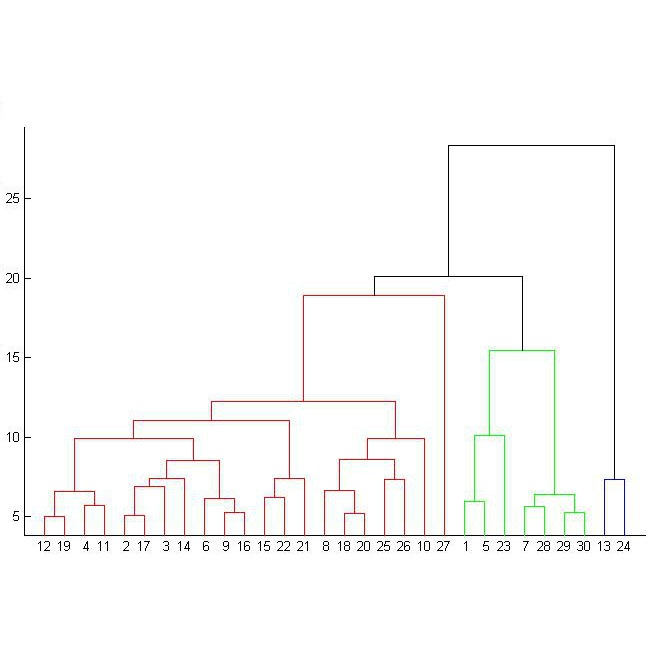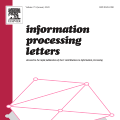Data analysis has become a necessity in the modern era of cricket. Everything from effective team management to match win predictions use some form of analytics. Meaningful data representations are necessary for efficient analysis of data. In this study we investigate the use of adaptive (learnable) embeddings to represent inter-related features (such as players, teams, etc). The data used for this study is collected from a classical T20 tournament IPL (Indian Premier League). To naturally facilitate the learning of meaningful representations of features for accurate data analysis, we formulate a deep representation learning framework which jointly learns a custom set of embeddings (which represents our features of interest) through the minimization of a contrastive loss. We base our objective on a set of classes obtained as a result of hierarchical clustering on the overall run rate of an innings. It's been assessed that the framework ensures greater generality in the obtained embeddings, on top of which a task based analysis of overall run rate prediction was done to show the reliability of the framework.
翻译:在现代板球时代,有必要进行数据分析。所有从有效的团队管理到匹配胜利预测的方法都使用某种形式的分析方法。有意义的数据表述对于有效分析数据十分必要。在本研究中,我们调查使用适应(可忽略)嵌入器来代表相互关联的特征(如球员、球队等)。本研究使用的数据是从经典的T20锦标赛IPL(印度总理联盟)收集的。为了自然地促进学习对特征的有意义的表述,以便进行准确的数据分析,我们制定了一个深层次的表述学习框架,通过尽量减少对比性损失,共同学习一套定制的嵌入器(代表我们的兴趣特征)。我们把目标建立在一组等级组合的结果上,以整组组合在整组队总运行率上。据评估,这一框架确保了所获得嵌入器的更加笼统。此外,根据对总体运行率预测的分析,我们完成了一项任务,以显示框架的可靠性。




